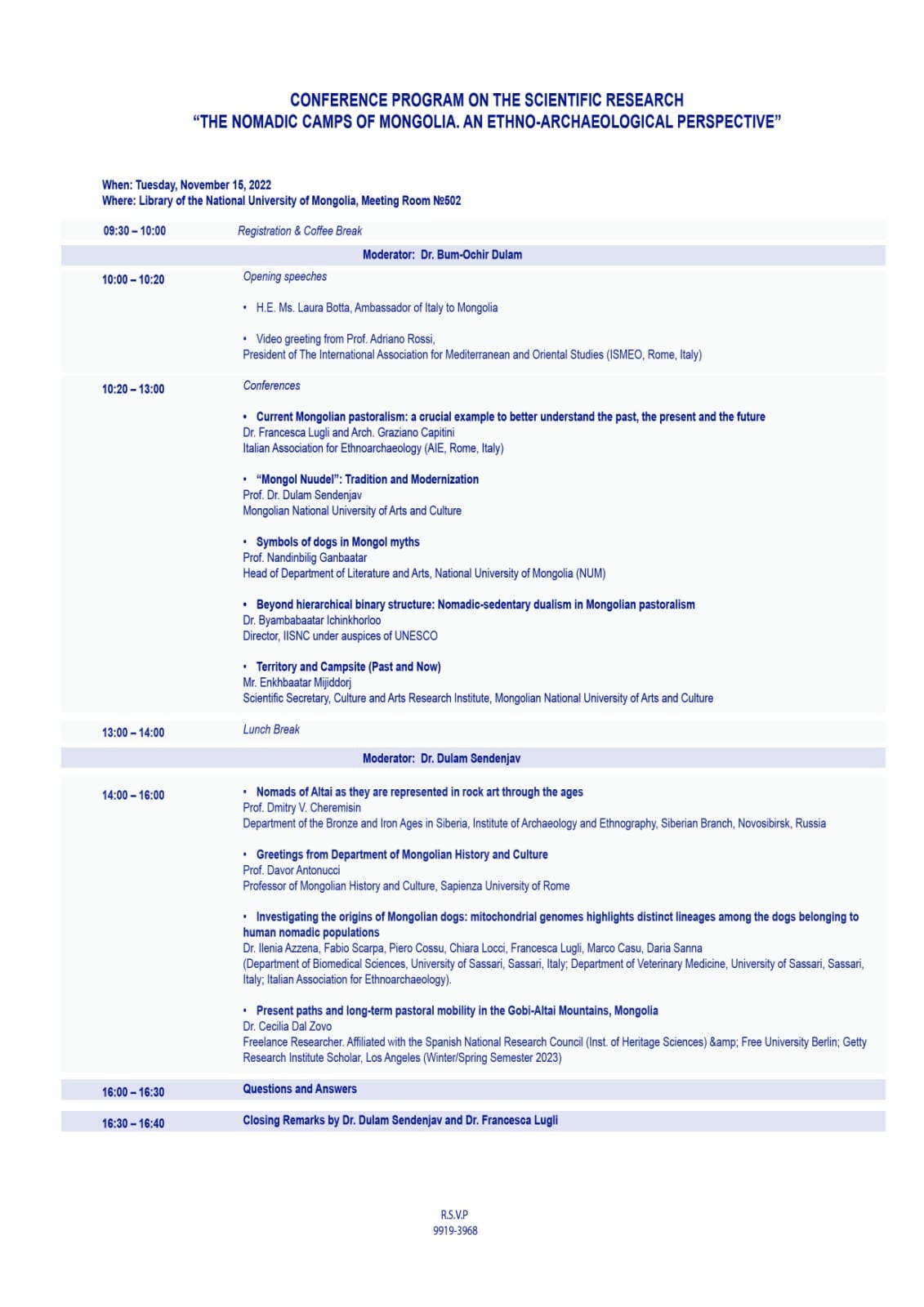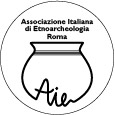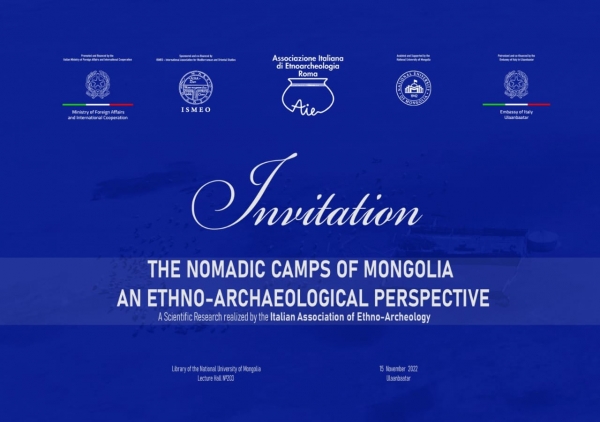News
Exploring the Nexus of Food Production, Resource Management, and Sustainability
10/16-18/2024
UPF CAMPUS DE LA CIUTADELLA, CARRER DE RAMON TRIAS FARGAS, BARCELONA, SPAIN
Organized by Stefano Biagetti, Carla Lancelotti, Debora Zurro, Francesca Lugli
Long time has passed since the previous conference on Ethnoarchaeology organized by the Italian Society for Ethnoarchaeology in Rome (2015), and during this period, the world has undergone profound transformations. New challenges have arisen, demanding our attention, while other pressing issues have emerged on the global stage.
In the current scenario, characterized by the dominance of climate change and uncertainties in the political and economic realms, it is increasingly clear that the Western scientific worldview requires adjustments to effectively address the current global challenges we face. In contrast, traditional livelihood practices offer sustainable and time-tested alternatives to the mainstream perspective of livelihoods. These practices, often disregarded and at risk of disappearing, hold valuable knowledge and potential solutions. Recognizing their significance is crucial for fostering a more comprehensive understanding of our relationship with the environment and its resources.
It is time to recognize that ethnoarchaeological research has played a crucial role in challenging Euro-centric perspectives and expanding our understanding of cultural development among indigenous people across time and space. By shifting the focus from external influences to intrinsic factors within indigenous cultures, ethnoarchaeology has brought forth a more nuanced understanding of the dynamics and complexities of cultural evolution. In this scenario, we are therefore thrilled to announce the upcoming international conference on the Ethnoarchaeology of Livelihood Practices: Exploring the Nexus of Food Production, Resource Management, and Sustainability.
This interdisciplinary event brings together scholars from diverse fields to delve into the realms of agricultural systems, pastoral traditions, and foraging strategies. The aim of the conference is to analyze how various food production practices intricately intertwine with the management of resources, and sustainability and explore their profound impact they had over time on our environment, communities, and heritage. we celebrate the transformative impact of ethnoarchaeology in challenging established narratives and advocating for a more inclusive and comprehensive approach to studying cultural development. It aims to be a 'traditional' meeting format where participants convene for discussions and presentations. In any case, the conference will be live streamed.
AN ETHNO-ARCHAEOLOGICAL PERSPECTIVE
A Scientific Research realized by the Italian Association of Ethno-Archeology

Una prospettiva etno-archeologica
a cura di
Francesca Lugli e Graziano Capitini
30 novembre – 15 dicembre
Inaugurazione 30 novembre ore 9:00 Sapienza Università di Roma Plesso Marco Polo Circonvallazione Tiburtina 4 Aula Magna
Programma apertura mostra mercoledì 30 novembre:
9.00-9.20 - Saluti istituzionali.
9.20-9.40 - “L’attuale pastorizia mongola: un esempio cruciale per comprendere meglio il passato, il presente e il futuro”, Francesca Lugli, Graziano Capitini.
9.40-10.00 - “Le origini dei cani delle popolazioni nomadi della Mongolia: il genoma mitocondriale come strumento per evidenziare nuovi lignaggi genetici”, Ilenia Azzena, Università di Sassari.
10.00-10.20 - “Il nomadismo Dukha in Mongolia”, Elisabetta Ragagnin, Università Ca’ Foscari, Venezia.
10.20-10.40 - “La fine del nomadismo? I mongoli nel XVII e XVIII secolo”, Davor Antonucci, Istituto Italiano di Studi Orientali, Sapienza.
11.00 - Inaugurazione mostra presso la Biblioteca di Studi Orientali, plesso Marco Polo (2° piano).
Villa della Rinchiostra - Massa
Inaugurazione della mostra per immagini
Giovedì 29 marzo 2018 alle 17:30
Con conferenza
- Locandina mostra (1874 Downloads)
© 2024 Ethnoarchaeology



